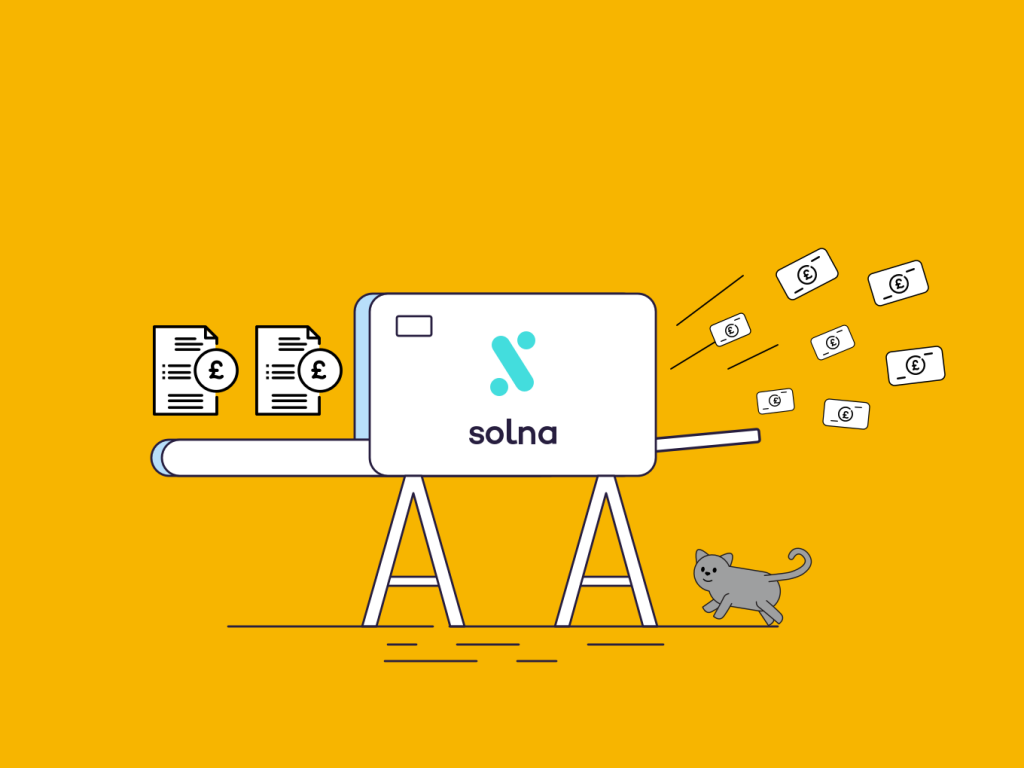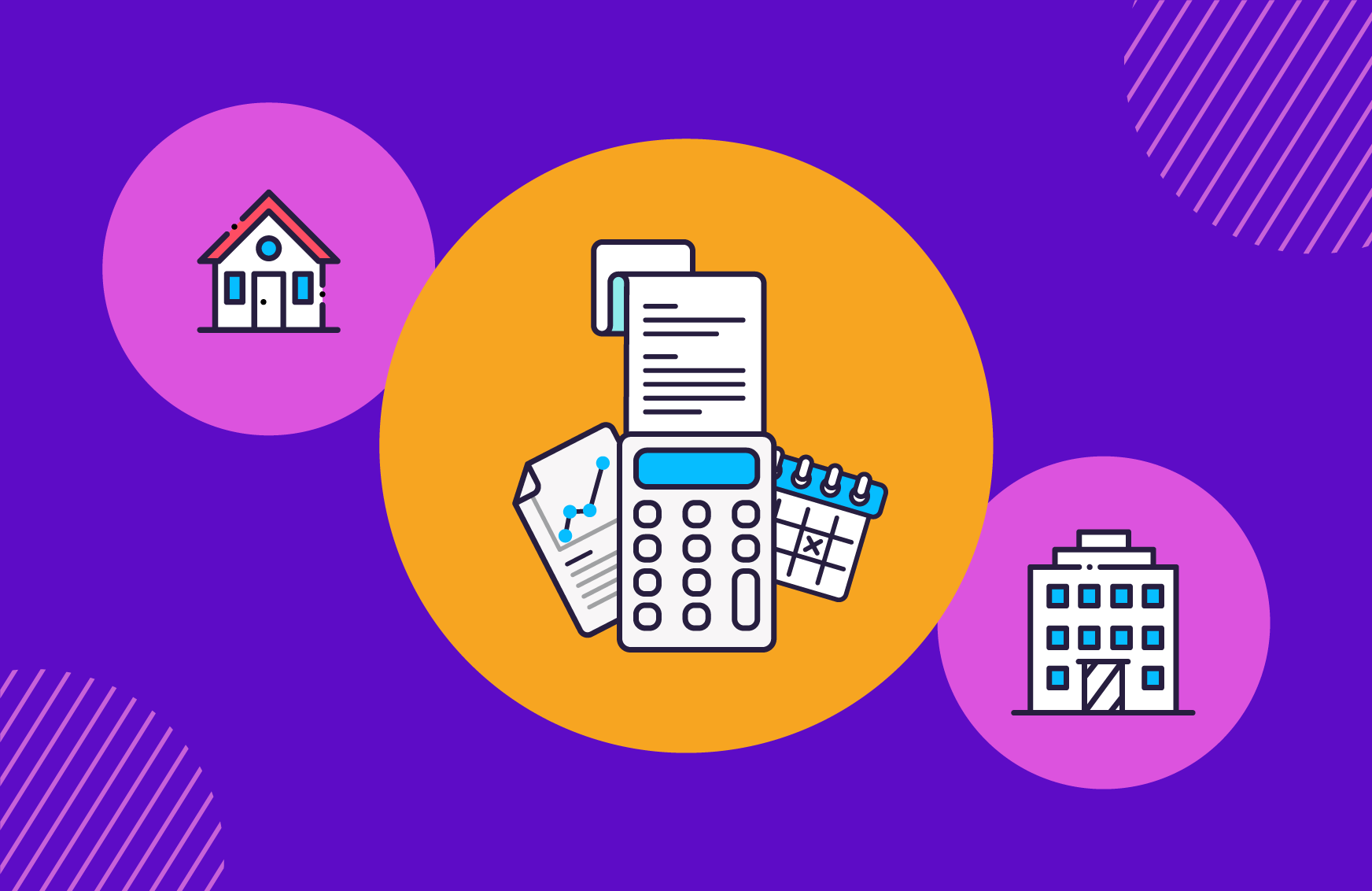How to find out your ‘market value’ as a freelancer and start getting paid more
Market value (noun) 'the price an asset gets in a marketplace.'
'Market value' isn't just applicable to big companies with lots of assets. In this case, you (the freelancer) are the asset and the marketplace is whatever field or industry you're working in. Your work has value and knowing what that value is really matters when it comes to getting paid fairly.
This is how to work out your value in the freelance market based on your experience level, expertise, and what clients expect to pay.

What contributes to your freelancer 'market value'?
Your 'market value' is influenced by lots of different things, from how long you've been freelancing to what your potential clients are in need of. These are the six most influential factors to consider:
- Your experience level. How many years or decades you've been using and developing your skills and knowledge.
- Your specific industry experience. The sectors and fields you've developed your experience in e.g. finance, fashion, professional services.
- Your specific project experience. If you're a designer, for example, this could be working exclusively on front-end websites, print advertising, or illustration.
- How specialist your freelance skills are. Every freelance skill requires specialist skills, but having knowledge of a specific piece of software or something niche can increase your market value.
- How in-demand your skills are. Is there a big demand for what you do right now?
- How much clients are prepared to pay. Startups and small businesses with tiny budgets might devalue their freelancers and potentially look for newbies who don't charge high rates. Businesses with money to spend are more likely to spend it on the best people.
Why do these 6 market value factors matter?
Experience level is fairly obvious - the longer you've been doing something, the more detailed and developed your portfolio is and the more desirable you are as a contractor. Potential freelance clients will always be interested in this. How specialist your skills are can boost your market value too, making it normal to pay you higher than a freelancer without those skills.
However, a few of these factors are out of your control. How much a client is prepared to pay is down to their bottomline and what they value. How in-demand your skills are can depend on what's currently needed or desirable in a particular industry. Take podcast production - ten years ago it was pretty niche, but now all kinds of media companies, private businesses, and public sector companies are creating their own as a marketing and information tool. As a result, freelancers with great podcasting experience are more in-demand than ever and can charge more for what they do.

Feeling unsure? Use a 'day rate guide'
There's no one single guide that can tell you how much to charge as a freelancer - it's up to you - but there are a few ways to work out what's fair in your industry.
The typical annual salary + 30% / 220 days
Headhunting firm Ellwood Atfield suggest finding out what you should be paid per day as a freelancer or contractor by looking at what your annual salary would be if you were permanent. For greater accuracy, consider experience level, qualifications, and accreditations. Then add 30% to cover the benefits you won't receive as a contractor (sick pay, annual leave, healthcare, etc.) and divide it by the average number of days you're likely to work per year (220).
Find out what a freelance agency would charge for you
Freelancer staffing agency Beyond the Book say this is what their freelancers are demanding, from £400 per day for a front-end developer to £600 per day for a UX designer. Adlib recruitment have their own guide specifically for developers too, starting at less than 2 years experience and based on coding/language skills.
Ask other freelancers what their day rate is
Find out what fellow freelancers charge for their time per day. This will mean you're less likely to undervalue yourself to clients. A survey of 30,000 freelance bookings in 2021 revealed the average day rate is £368. This is the full list broken down by role and specialism.
Don't forget London weighting! London-based freelancers can (and should!) charge more. The Centre for Research in Social Policy found those in Inner London needed almost £7,700 extra per year, and those in Outer London needed a salary which was £6,200 higher, to afford the higher cost of living in the capital.

Figured out your 'market value'? It's time to get paid faster.
Waiting around to get paid is a huge pain for freelancers. The average freelancer was owed over £5,000 in 2020. Instead of chasing late payers you can send them automatic reminders and get paid 3x faster with Solna.
Solna makes invoicing easy. And it's FREE. Automate your invoice reminders, track all your due dates, and create super stylish, professional invoices from our range of templates. Start invoicing for free, FOREVER.








